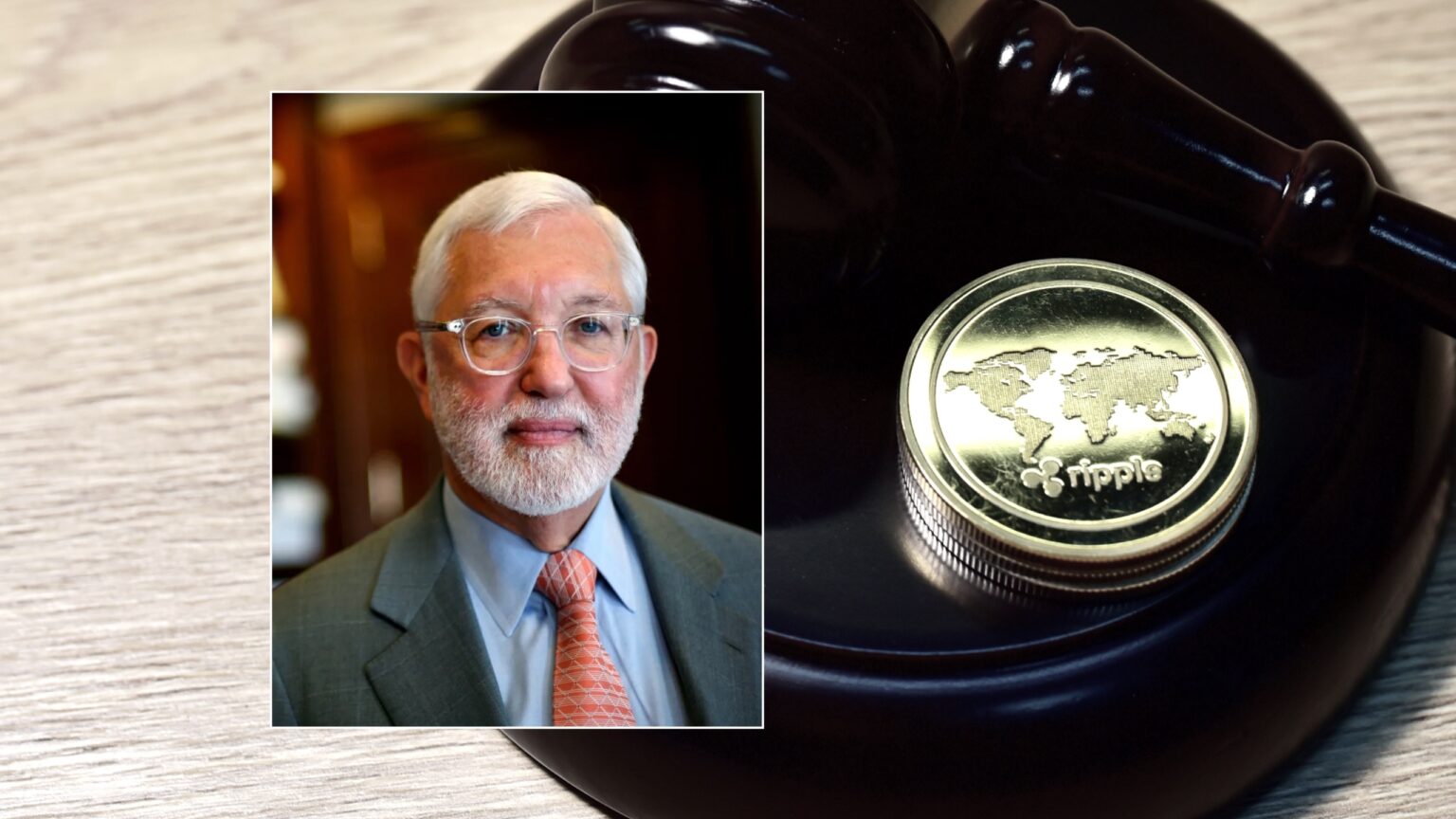The XRP community, which recently rejoiced over a decision in the ongoing Ripple versus SEC case, may need to prepare for a fresh round of legal battles. Judge Jed Rakoff of the Southern District of New York issued an order on July 31 that could offer the SEC grounds to appeal Judge Analisa Torres’ verdict.
Earlier last month, Judge Torres issued a two-part judgment in the Ripple v. SEC lawsuit, determining that XRP may be considered a security if and only if it were sold to institutional investors. This decision, although partial, swung the balance favourably towards Ripple, as evidenced by the subsequent 70% surge in investor returns.
Newsflash: Ripple Decision Already in (Big) Trouble
SDNY District Judge Jed Rakoff today allowed the SEC to go forward with its case against Terraform Labs and founder Do Kwon. In doing so, Judge Rakoff specifically rejected the distinction made in the Ripple case between public… pic.twitter.com/JZZ8vukfFt
— John Reed Stark (@JohnReedStark) July 31, 2023
However, the scene was complicated when Terraform Labs, embroiled in a similar controversy, appealed to the court to dismiss its SEC case, citing Judge Torres’s reasoning.
Ripple ruling challenged
In response, the SEC encouraged Judge Rakoff, presiding over the Terraform case, to reject the precedent set by Judge Torres. The financial watchdog called for an independent judicial approach as it brainstormed ways to counter the July 13 ruling.
To be clear, the court also does make it clear that it disagrees with the ruling in the Ripple case and explains its disagreement. But, oddly, it doesn't seem to have based its rejection of that ruling on its disagreement with it but rather in the difference in facts.
— David "JoelKatz" Schwartz (@JoelKatz) August 1, 2023
Judge Rakoff’s 50-page opinion dismissed Terraform Labs’ appeal and questioned the distinction made in the Ripple case between public and institutional sales. He argued that secondary-market purchasers also had legitimate reasons to believe their capital would be used for profit generation. This, he emphasized, was irrespective of whether they bought directly from the defendants or via a secondary resale transaction.
Former SEC official John Reed Stark views this as the first among many forthcoming rejections of Judge Torres’s ruling. Stark’s interpretation of Judge Rakoff’s decision suggests that the SEC now has a stronger case for its planned appeal against the July 13 determination.
Ripple’s confidence remains unshaken
Despite these developments, Ripple’s legal team remains unfazed. Ripple’s Chief Legal Officer, Stuart Alderoty, suggested that an appeal from the SEC could consolidate Ripple’s partial victory.
In his words, “We think the judge got that right…and I think a court of appeals will not only affirm that but maybe even amplify that to an even greater extent.”
Implications of SEC and Terraform Labs case
Simultaneously, Terraform Labs and its founder, Do Kwon, must face fraud allegations following Judge Rakoff’s ruling. This case pivots on their handling of two cryptocurrencies whose implosion significantly impacted global crypto markets. These developments have spotlighted regulatory discussions and are likely to influence the broader landscape of cryptocurrency regulations.
The unfolding drama between the SEC, Ripple, and Terraform Labs presents a crucial period in the evolution of cryptocurrency regulation. These developments mark a shift in regulatory attitude towards cryptocurrencies and indicate the maturing landscape of cryptocurrency law.
As the legal back-and-forth progresses, the outcomes of these cases will shape future debates and decisions about the legal classification and handling of cryptocurrencies. This string of events is paving the way for comprehensive regulations that could provide more straightforward guidance to both investors and cryptocurrency companies.
The crypto community keenly awaits these outcomes, as they will directly influence the future of their investments. The ripple effects of these developments are far-reaching, marking a significant chapter in the maturing world of cryptocurrency. Despite the complexities and uncertainties of the evolving legal landscape, these trials are necessary stepping stones toward a more stable and well-regulated future for digital currencies.









 and then
and then